Zen and the Art of Lawn Maintenance

(Before I get into it, for those following along from last week's post on Adventure Farming, no, I did not finish the turkey coop yet, but it's coming along. Chickens and turkeys are growing fast. Urgency abounds.)
This post's title is a play on Robert Prisig's transcendent book on the quality of life benefits of being truly engaged in whatever you're doing, Zen and the Art of Motorcycle Maintenance. Published in 1974 after 121 publishers rejected the draft, it has never since been out of print and itself adapted its title from the 1948 book, Zen in the Art of Archery by Eugen Herrigel.
I jested about tractor therapy in a prior post about spreading wood chips on trails. It's funny because it's true. Yet, it's not the most therapeutic care I offer my mind.
You may recall a buzz about labyrinths some years ago. There were news stories, community gardens embracing this "new" craze, healthcare facilities installing them, and home gardeners rearranging stones in their backyards.
The Labyrinth
The oldest evidence we have of Labyrinths is a 4,700-year-old seal in Egypt. Ancient paintings and stories describe their paths as leading from sin to salvation. They're built into medieval cathedrals in Europe. Picasso painted them.
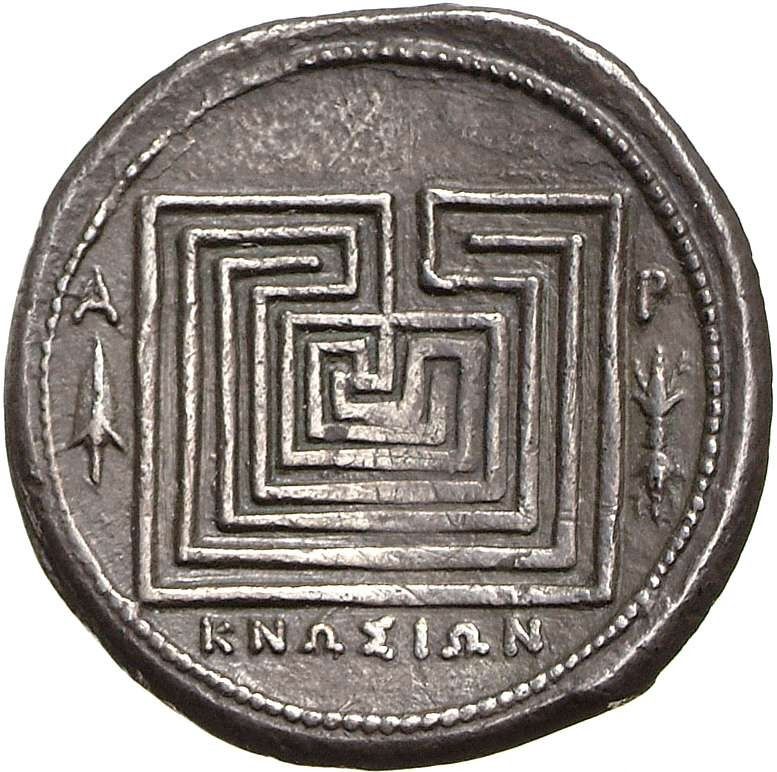
A labyrinth is a single, circuitous path that leads to the centre. It differs from a maze in that there are no optional paths or decisions to make. You simply follow the path around and around to the centre and back out again. But why?
I did some reading on the mechanisms involved and it drifts pretty far from managing soil and growing food, as fascinating as it is. If you're inclined to learn more, I suggest to start with the work of late Harvard physician Herbert Benson on the relaxation response, which is described as the opposite of fight-or-flight, and upon further reading was a name provided to appeal to a broader audience within western medicine communities than "transcendental meditation."
"More than 30 years of research shows that the relaxation response brings slower breathing, a slower heart rate, and lower blood pressure, among other things." - Herbert Benson
Dr. Benson's work began when transcendental meditation practitioners asked Harvard to study their physiologies. The researchers at Harvard were skeptical and even made the test subjects sign agreements that they would accept the results, whatever they were. It took only minutes of meditation to slow their metabolisms, heart rates and breathing.
For those of us not zen enough to sit in a yoga pose at all, let alone for an hour, a labyrinth facilitates meditation by keeping you moving without the need to think about what you're doing. The path is defined and your mind is free to drift aimlessly. Practitioners advise to focus on one thing, like the smell of flowers, a sound in the distance... just about any one thing.
Sounds all pretty hippy 60's, right? Groovy. If he made it this far, my Dad is now wondering if there's an update on the weather channel. He doesn't know it, but my dad is extremely zen. Wonder what his secret is?
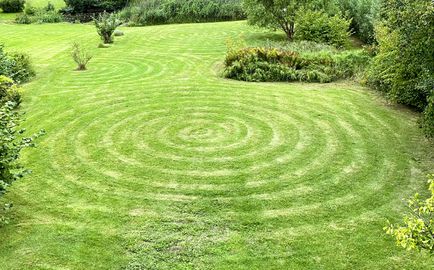
During that labyrinth buzz in the media years ago, it donned on me that I was a regular practitioner of labyrinth meditation. I found nothing more relaxing than mowing the grass. Not only that but I could also tell myself I was being productive! It's perfect.
Mowing the grass - whether walking or seated - demands almost nothing of your brain (sorry dad). The circuitous path to the centre is self-guided and we focus on one thing: the edge of the previous cut. I haven't done any scientific studies, but if you wired me up while cutting the grass I bet I'd be near comatose.
Both my dad and I mow an indefensible amount of grass. It's terrible for the environment and more expensive than ever with the soaring cost of fossil fuel. I'll work to turn more of my turf into productive pasture and market gardens. I just need to manage the mental health risks of less lawn mowing :-).
For my dad and all the rest of you not-so-hipsters, here are some tips from a publication with slightly more street cred, the New York Times: How to be mindful mowing the lawn.
If you're feeling some stress, treat yourself. Go off on a tangent.
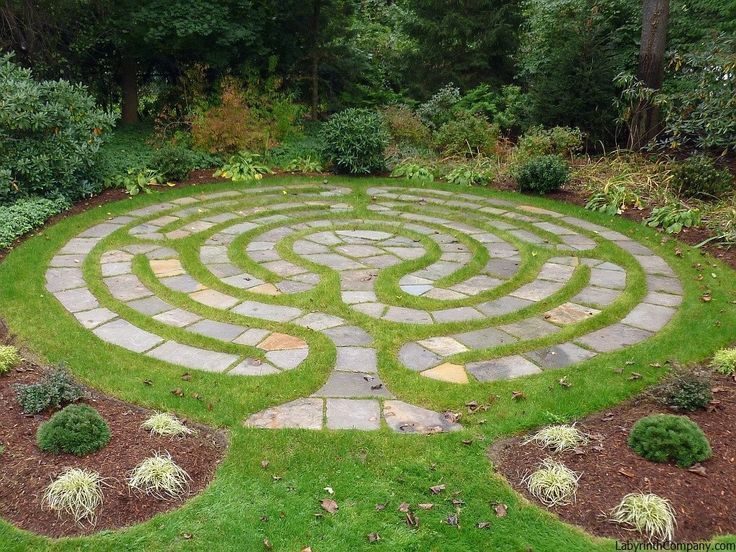
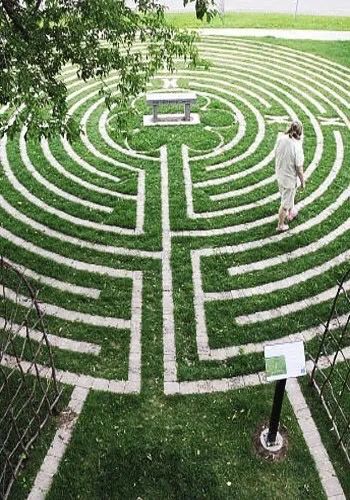
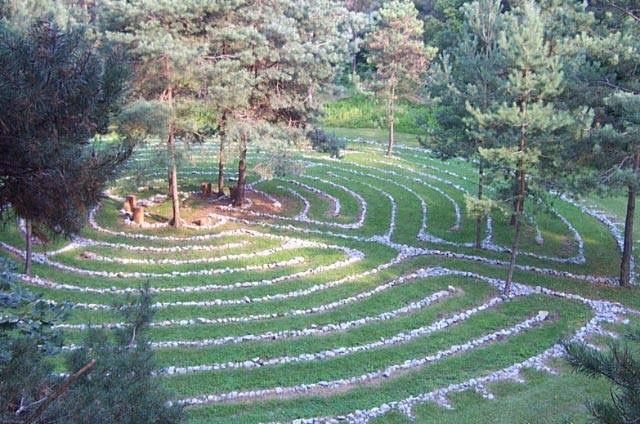
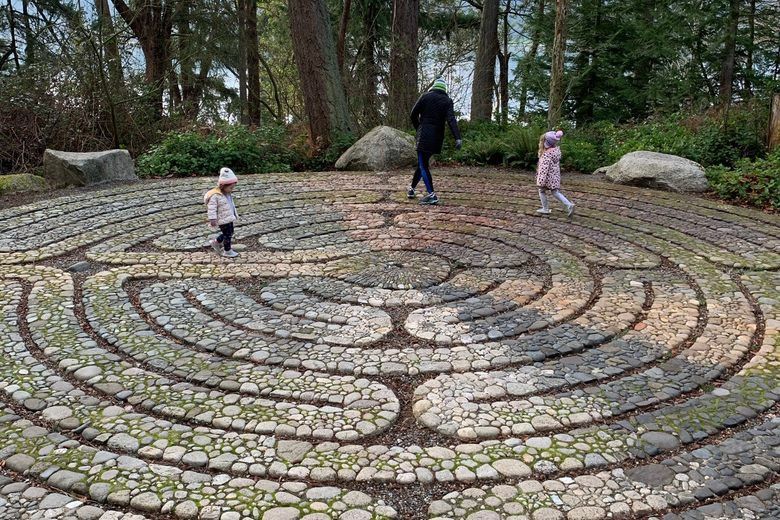
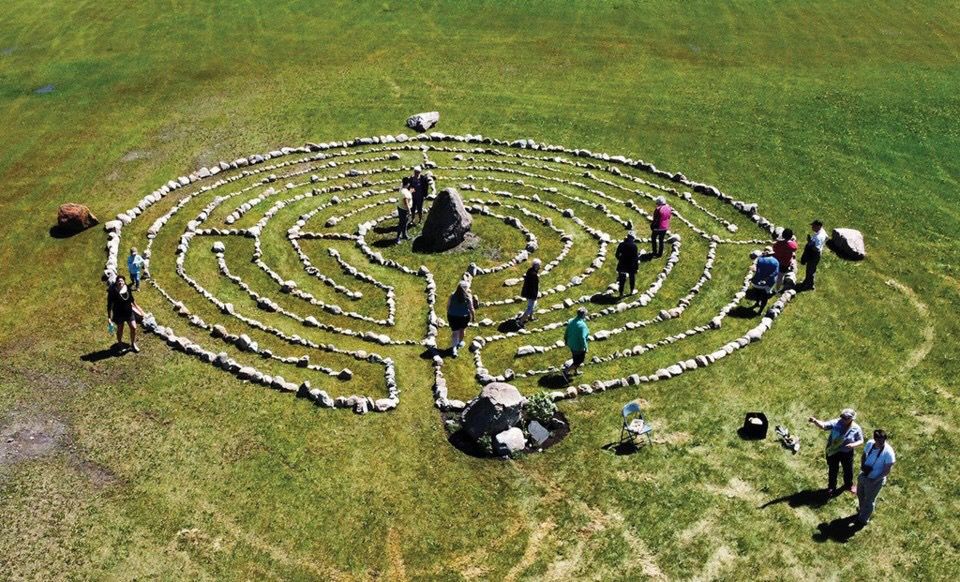
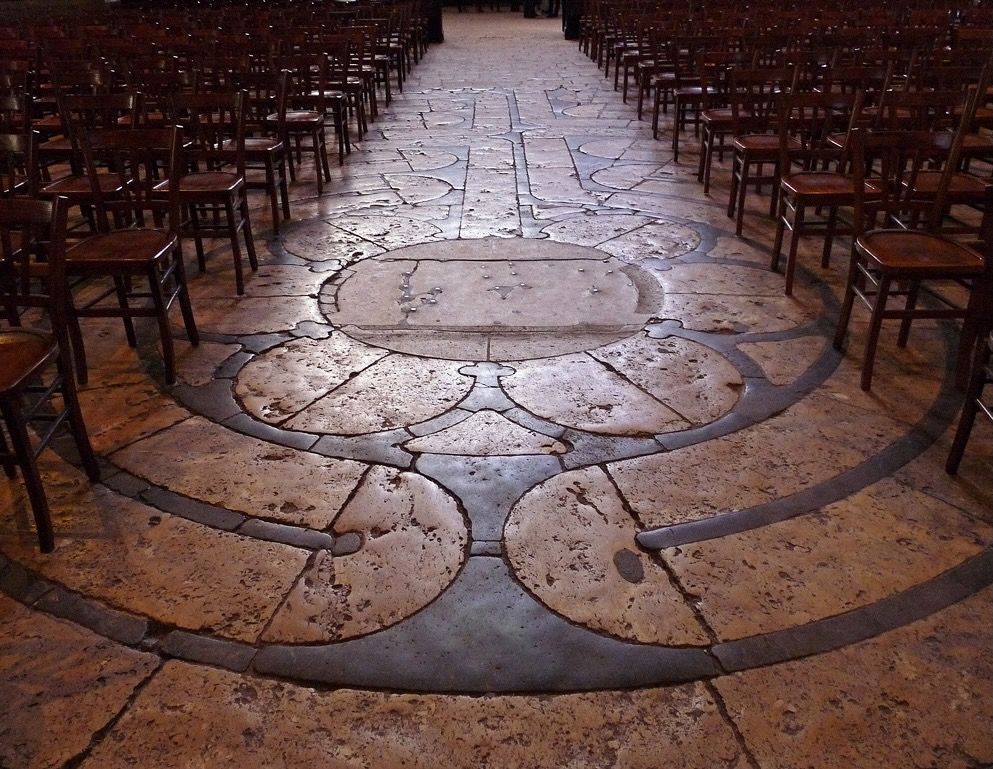
Thanks for reading. Send me an email anytime. You can peruse other musings of this wannabe farmer from the homepage, or click on my picture, below.